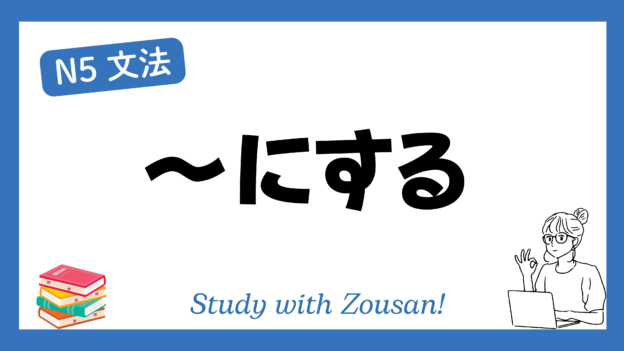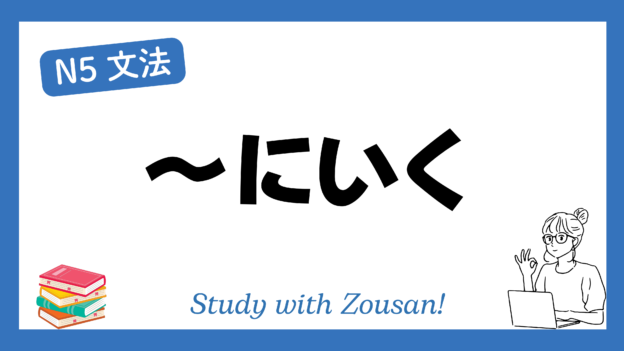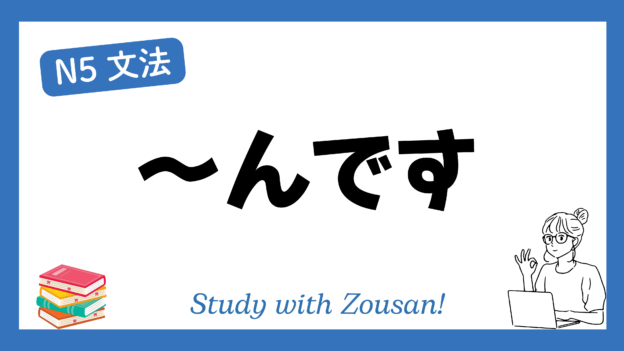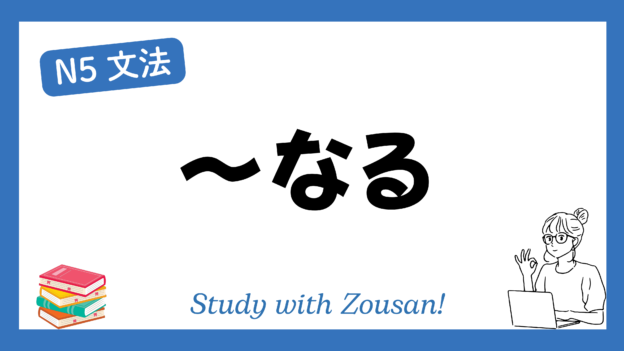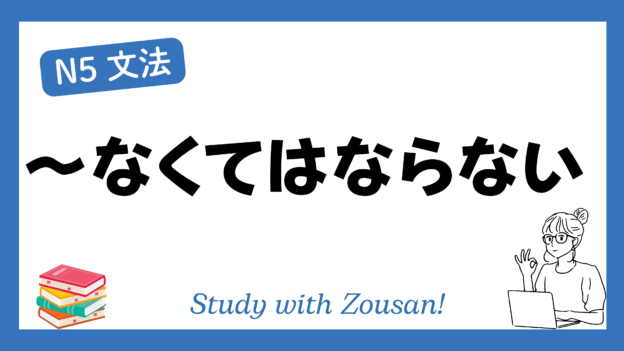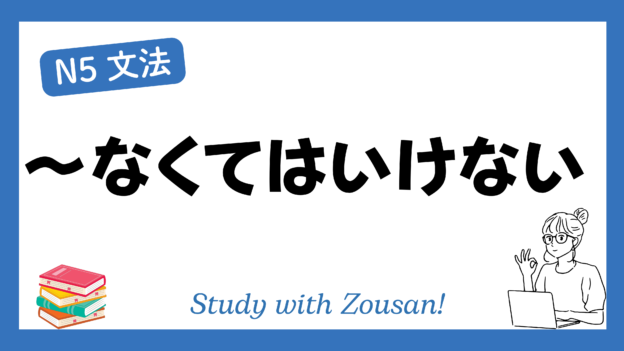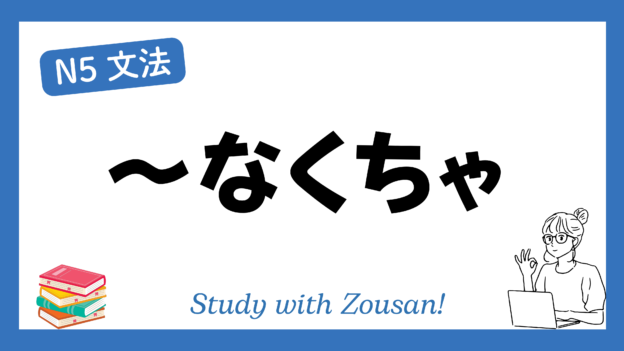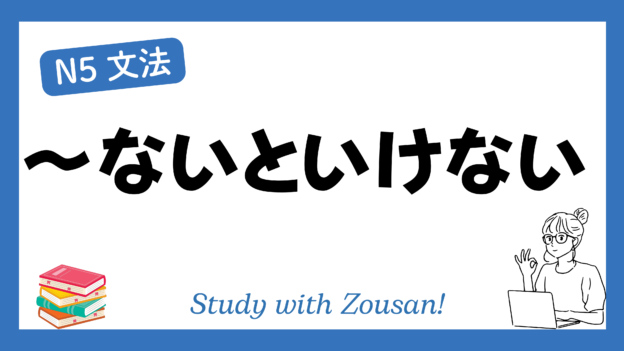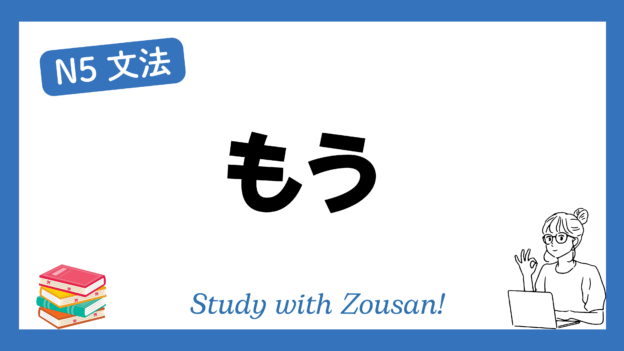Meaning: “Decide to do…”, “Make it…”
This structure is used to indicate that the speaker has made a decision about a particular action or state. It expresses intent or choice in carrying out a specific activity.
※Note: “にする” is commonly used to express personal decisions and can accompany nouns or verbs.
Structure:
| Noun + にする/にします |
Example:
-
-
-
🌟 旅行は来月にする。
(りょこう は らいげつ に する)
I will make the trip next month. -
🌟 晩ご飯はカレーにする。
(ばんごはん は カレー に する)
I will have curry for dinner. -
🌟 この服にする。
(この ふく に する)
I will choose this dress. -
🌟 新しいプロジェクトにする。
(あたらしい プロジェクト に する)
I will go with the new project. -
🌟 この本にすることにした。
(この ほん に する こと に した)
I decided to choose this book. -
🌟 飲み物は水にする。
(のみもの は みず に する)
I will have water as my drink. -
🌟 映画はホラーにする。
(えいが は ホラー に する)
I will choose a horror movie. -
🌟 勉強することに決めた。
(べんきょう する こと に きめた)
I decided to study.
-
-


